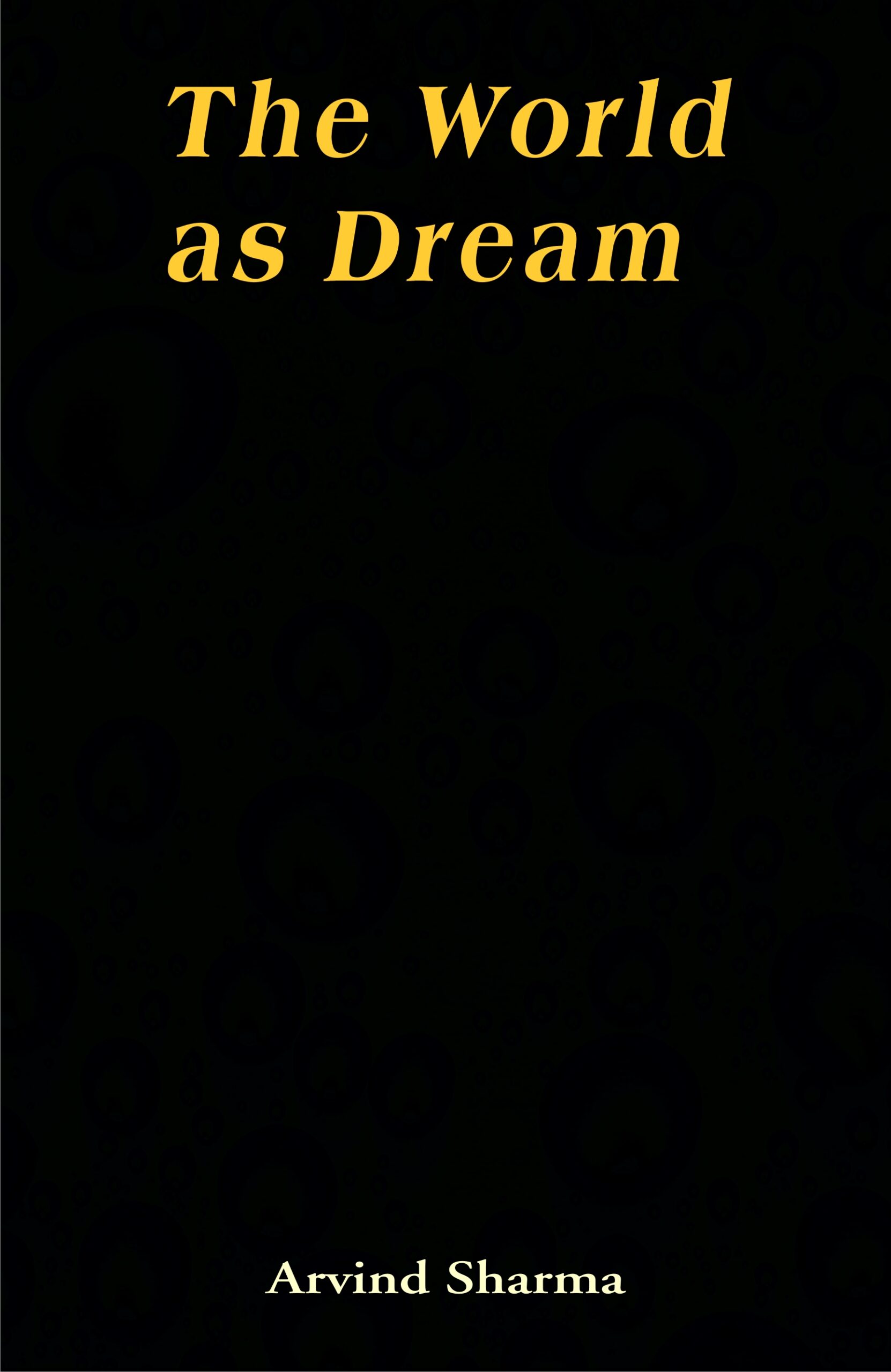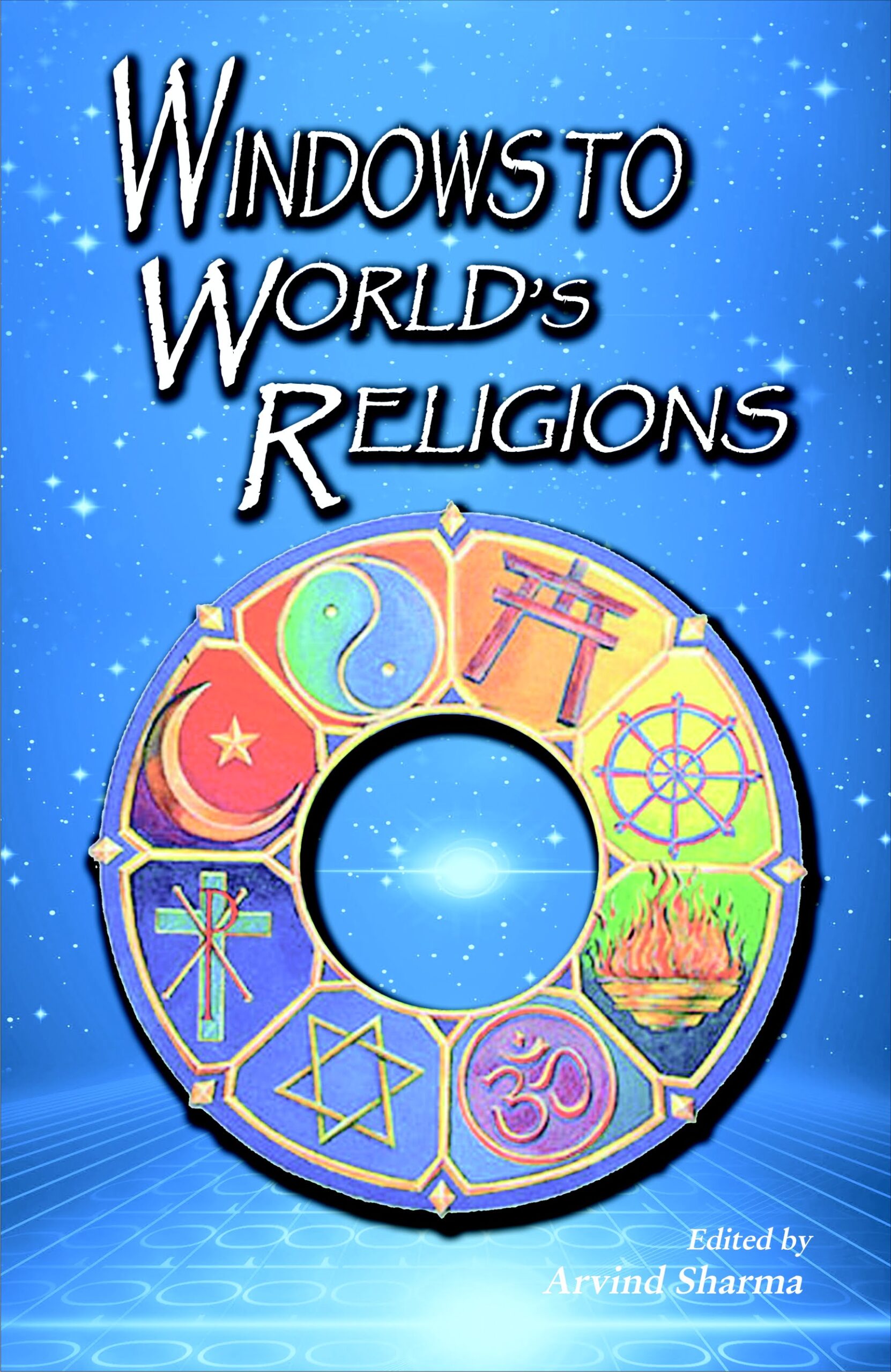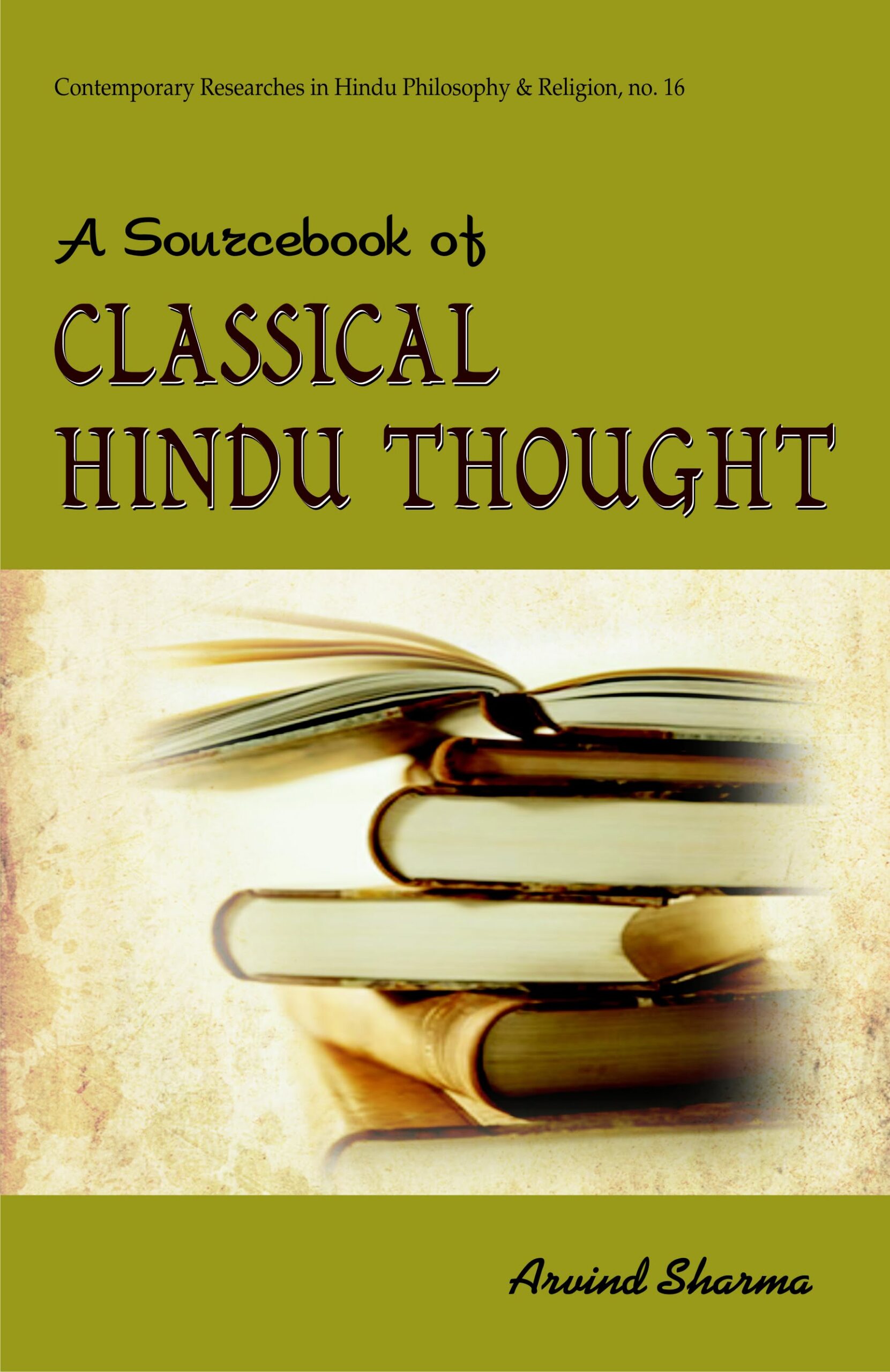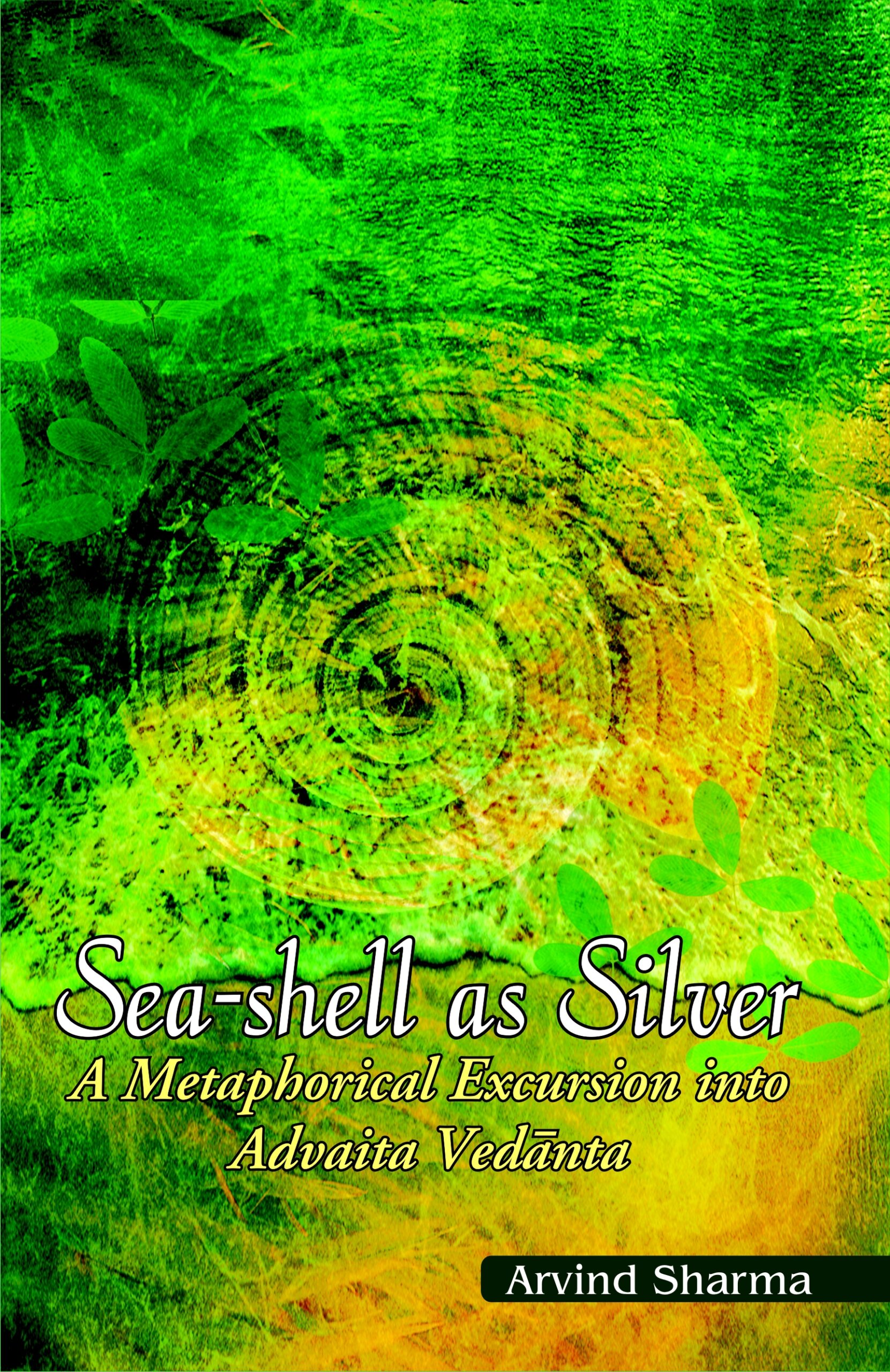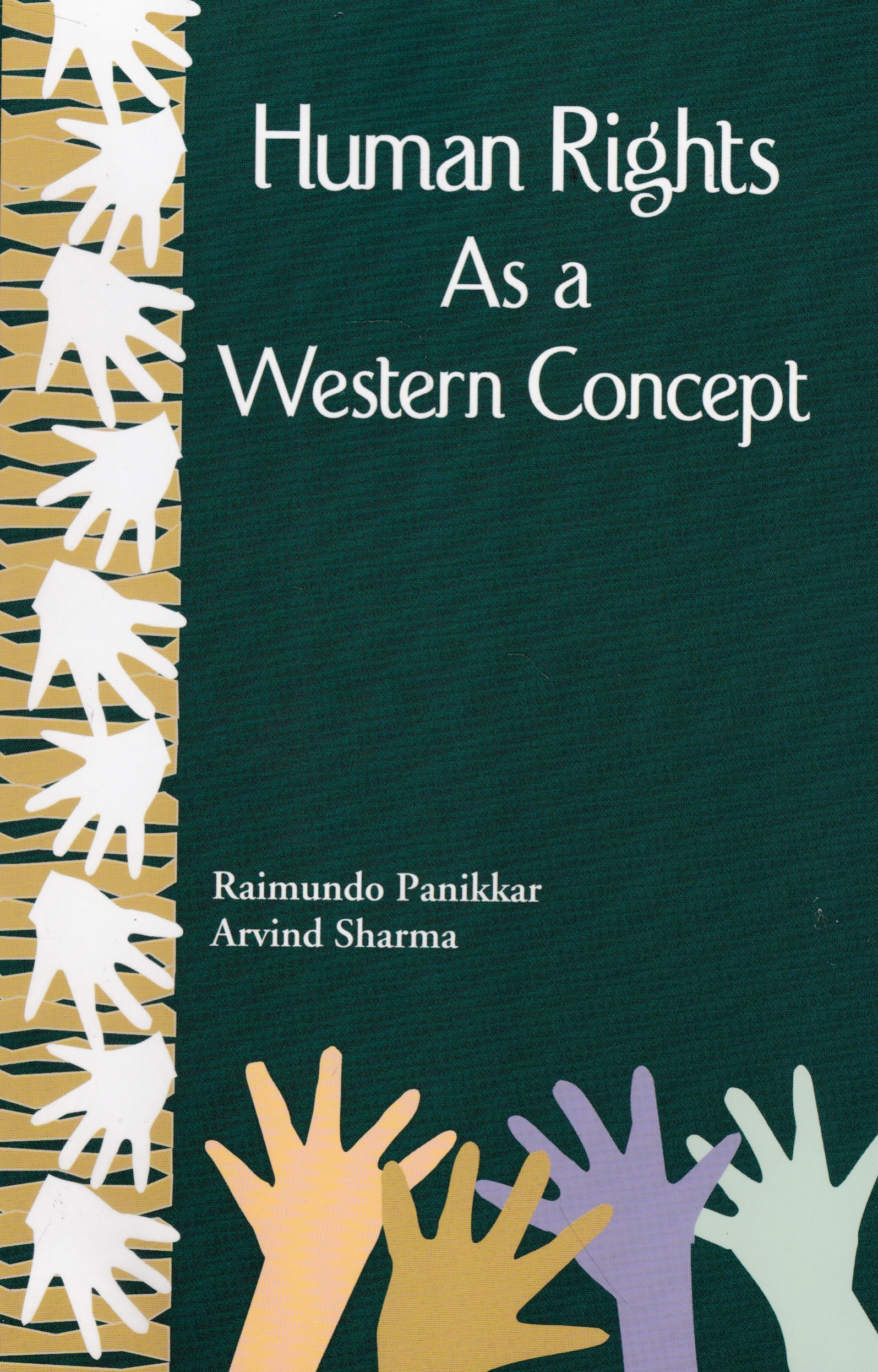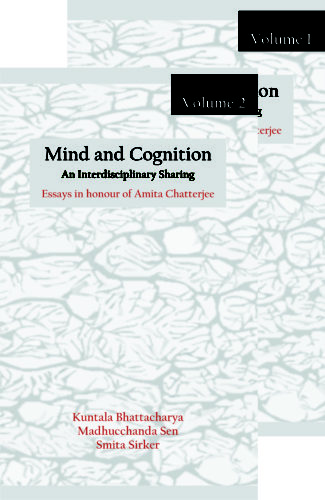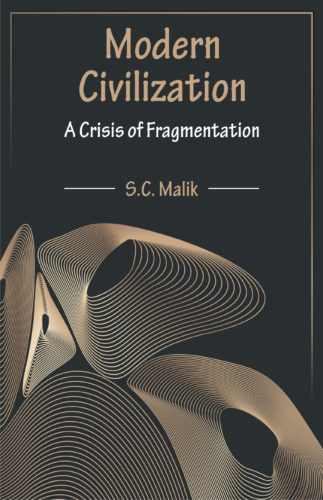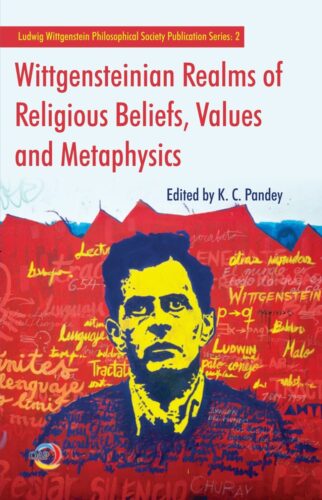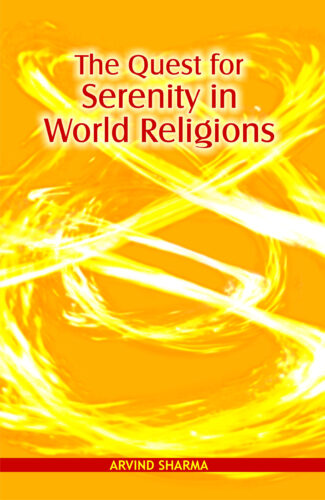

Quest for Serenity i...
Quest for Serenity in World Religions
by: Arvind SharmaThis book describes the search for serenity as found in what are conventionally referred to as the world religions and identifies a similarity in the pattern which seems to underlie these approaches, thereby extending the application of the comparative method to religious psychology.
₹100.00 Original price was: ₹100.00.₹90.00Current price is: ₹90.00.
ISBN: 9788124604205
Year Of Publication: 2007
Edition: 1st
Pages : viii, 80
Bibliographic Details : Bibliography; Index
Language : English
Binding : Paperback
Publisher: D.K. Printworld Pvt. Ltd.
Size: 22
Weight: 150
Every religion, even ideology, needs to provide its followers with ways of coping with the vicissitudes of life, especially when personal tragedy tears a gaping hole in the fabric of meaning. This book describes the search for serenity as found in what are conventionally referred to as the world religions and identifies a similarity in the pattern which seems to underlie these approaches, thereby extending the application of the comparative method to religious psychology.
1. The Quest for Serenity in Hinduism
2. The Quest for Serenity in Buddhism
3. The Quest for Serenity in Confucianism
4. The Quest for Serenity in Taoism
5. The Quest for Serenity in Judaism
6. The Quest for Serenity in Christianity
7. The Quest for Serenity in Islam
8. Conclusion
Bibliography
Index
- Sale!Mind and Cognition An Interdisciplinary Sharing by: Kuntala Bhattacharya, Smita Sirker, Madhucchanda Sen,
₹4,000.00Original price was: ₹4,000.00.₹3,600.00Current price is: ₹3,600.00.“Knowing one’s tradition is important; but only when tradition is not presented as fossilised but as continuous with our present-day living. In most places we do not make enough effort to show the link between the classical philosophical thoughts and the contemporary world view. We need to show that we can still meaningfully interact with the classical philosophical systems”, writes Amita Chatterjee in her seminal essay “In Search of Counterpoints”. This volume is dedicated in her honour. “Knowing one’s tradition is important; but only when tradition is not presented as fossilised but as continuous with our present-day living. In most places we do not make enough effort to show the link between the classical philosophical thoughts and the contemporary world view. We need to show that we can still meaningfully interact with the classical philosophical systems”, writes Amita Chatterjee in her seminal essay “In Search of Counterpoints”. This volume is dedicated in her honour. Chatterjee belongs to a genre of philosophers, who have as part of their cultural heritage, like Raghunath Siromani and Immanuel Kant. Chatterjee, in addition to breaking cultural boundaries, desired to break boundaries that have kept professional disciplines apart. She deeply believes that there are certain basic questions that are questions not for any specific discipline. These questions, she thinks, could not be answered by remaining within one single discipline. It is no surprise that she was the founder of the first Cognitive Science Centre in India. Responding to her multifaceted academic talent, forty academics from diverse disciplines and from all over the world have contributed papers to this volume. The major areas of Chatterjee’s interest that feature in this volume are: (i) Fusion Philosophy, (ii) Mind and Cognition, (iii) Mind and Perception, (iv) Mind and Language, (v) Logic and Vagueness, (vi) Logic, (vii) Indian Philosophy, and (viii) Philosophy, Society and Popular Culture. Chatterjee’s intellectual autobiography and her responses to each of the papers are parts of this volume.
ISBN 9788124609514 (vol. 1)
ISBN 9788124609521 (vol. 2)
- Sale!Modern Civilization by:
₹800.00Original price was: ₹800.00.₹720.00Current price is: ₹720.00.The crisis of the age inheres in this, that notwithstanding the century’s mind-numbing disasters, it persists in subscribing to propositions which have logically led to the atomization of the whole cloth of human experiencing, and being. Great indeed is the value which is placed on the procedure of analytic dismemberment. While the method has certainly been result-producing, materially, in its wake it has brought immense suffering – both physical and spiritual. The price paid for a lopsided advance is thirty major wars – with their toll of one hundred and thirty million lives, and the irreparable destruction of the natural environment. The time demands a reappraisal of the basic paradigms of human existence, but the hegemony of well-entrenched vested interests – material or intellectual – would seem to preclude this.
The “advanced” people among the mankind of the day become suicidally specialized. For, if the mechanical model of thought has been of advantage in man’s preceding unfolding, the same, what may be called the “survival” paradigm, now creates dangerous dualities, binary oppositions (you–me, body–mind, East–West, etc). The model has outlived its usefulness merely enforcing dormancy on a major part of the human brain.
It behoves mankind to choose wisely right now – since parallel to the socio-economic, scientific and technological revolutions there has got to be the overdue radical psychic transformation. The first step towards clearing the fateful crisis would therefore be to be aware and end the hold of the linear, causal, mechanical thought orientation over the intellectual culture of the times.
Delving deep into the epistemological cum ontological causation of the emergency confronting the being and becoming of man, this volume provokes the thoughtful lay reader to a serious engagement with his or her self. - Sale!Navya Nyaya Philosophy of Language by:
₹400.00Original price was: ₹400.00.₹360.00Current price is: ₹360.00.This book represents the philosophy of language in Navya-Nyaya, based upon an analysis of the “Verbal Suffix Chapter” (Akhyatavada) of Gangesha’s Tattvacintamani. Since this chapter elaborates what kind of verbal understanding is generated and discusses related issues, the book demonstrates the main features of that philosophy of language and serves as a good introduction to that. The analysis mainly deals with Gangesha, but in some cases it refers to Raghunatha. Since the book is an attempt to pursue philological exactness and philosophical analysis, it is hoped to interest not only Sanskrit scholars, but also philosophers in general.
The book consists of four lectures. Lecture I clarifies Gangesha’s view of the meaning of the suffixes of a finite verb, which (meaning) is greatly disputed among the Navya-Nyaya philosophers, the Mimamsa philosophers, and the Grammarians. Lecture II investigates how Gangesha determines the meaning of words and illustrates that his method bears upon ontological categories of Vaisheshika. Lecture III deals with Gangesha’s “Five Definitions of Invariable Concomitance Section” (Vyaptipancaka) and elucidates the relation between meaning and the logical structure of the definitions. The lecture also provides diagrams as a tool to represent the structure. Lecture IV explains the realistic standpoint of Navya-Nyaya by clarifying the concept of the counterpositive (pratiyogin) of absence (abhava), or a thing whose existence is negated, focusing on empty terms or non-factual expressions such as “a round triangle”, “the present King of France”, “a rabbit’s horn”, and so forth. The lecture delineates how Udayana, Gangesha, and Raghunatha observed and, as the time passed, did realism thoroughly in language analysis. - Sale!Wittgensteinian Realms of Religious Beliefs, Values and Metaphysics by: K. C. Pandey
₹5,700.00Original price was: ₹5,700.00.₹5,130.00Current price is: ₹5,130.00.All that cannot be expressed in language, for early Wittgenstein, belong to the realm of Unsayable or Showable. Such a realm consists of religious beliefs, ethical values, aesthetics, metaphysics, solipsism, love, death among other aspects of life which language is incapable of depicting successfully. Later Wittgenstein did not insist on the inexpressibility of these realms as each of them has their own distinct form of life. In this background this anthology is an attempt to explore various facets of these aspects of Wittgensteinian philosophy through various elucidations and interpretations. It is classified into three sections, viz. “Religious Beliefs, Wittgensteinian Fideism, Religious Pluralism, and Cultural Debates”, “Absolute Value, Ethics, Aesthetics, Architecture” and “Subjectivism, Solipsism, Metaphysics, and Hermeneutics”. It aims at bringing out the current development in the field as found in the debates and discussions on Wittgensteinian philosophy in the contemporary philosophical world.
- Sale!Vedanta Science and Technology: A Multidimensional Apporoach by: Girish Nath Jha, Bal Ram Singh, Sukalyan Sengupta,
₹3,000.00Original price was: ₹3,000.00.₹2,700.00Current price is: ₹2,700.00.Vedānta texts have been well known for their richness in fundamental scientific and technological principles with strong potential for research and development today. In fact, much of ancient India’s remarkable achievements in science and technology can be credited to Vedantic texts.
This volume – proceedings of the 22nd International Congress of Vedanta held during 27-30 December 2015 at Jawaharlal Nehru University, New Delhi – features 53 scholarly articles from a wide variety of areas of study. The 22nd Vedanta was a confluence of scholars from various disciplines and the papers in this volume bear the imprint of an intense discussion that is usually expected from a good Vedanta seminar. Though the majority of the papers are in English, a few are in Sanskrit and Hindi as well. The papers are grouped under Vedānta Studies, Vedānta and Philosophy, Vedānta and Science, Vedānta and Culture, Applied Vedānta, and Digital Access and Search of Sanskrit Texts.
This multidimensional approach extends the core scientific ideas of Vedānta to social, cultural, aesthetic and religious aspects of studies, creating a wide spectrum of intellectual discourse and trying to discover fundamental scientific and technological aspects of Vedānta studies.
Being a worthwhile addition to Vedānta studies, this volume should invoke keen interest among all those who are deeply into it, be a student, a researcher or a common reader.


